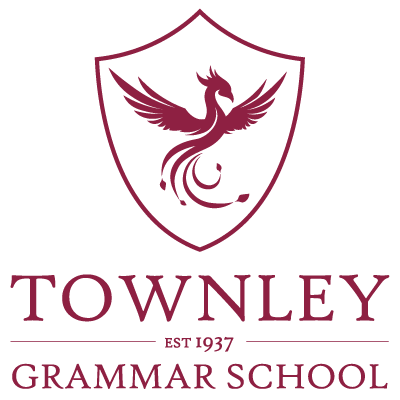English
Our Vision:
“The single story creates stereotypes, and the problem with stereotypes is not that they are untrue, but that they are incomplete. They make one story become the only story.”
Chimamanda Ngozi Adichie
Our vision is to provide an inclusive curriculum that is rich in diversity, where every student can recognise themselves in the literature we teach. We read a wide variety of stories and recommend even more. We empower with knowledge. We develop critical voice and hone written style. But most importantly of all we provide a space where students feel confident enough to discuss their ideas and safe enough to share them.
Our Mission:
Literature can be uncomfortable; sometimes heart-breaking; sometimes shocking, but it can also give us hope and inspiration. Without literature we cannot learn about ourselves or about each other; our stories are incomplete.
Our mission is a brave one: together we will read wide range of challenging literature that will provoke different emotions. Within these texts you will see yourselves and you will see those different from you. We will teach you how to recognise nuance and develop your own critical voice to discuss challenging issues. In turn you will write creatively and provocatively with balance and strength of voice.
Above all, our mission is to help you grow a love and appreciation of literature that you will never forget.
Townley Grammar School is an official ‘Lit in Colour Pioneer’ school (accredited by Pearson).
student voice
'I appreciate how the English staff encourage open discussions with the class - this allows us to hear interpretations from other people, not just the teachers.'
Enrichment
Students will be offered a wide variety of opportunities and experiences that enrich students’ understanding of the world around them and how they are connected to it. These include:
- Year 13 Summer Lecture programme.
- Year 12 Subject Scholar programme.
- Dedicated Oxbridge UCAS application service where we have a high success rate of students moving on to study Literature at Oxbridge and other universities.
- Globe Players – performances at Townley on key text areas (KS4).
- Globe Theatre – theatre and workshop visits (KS4).
- Reading Scrapbook Challenge (Year 9).
- Readathon (KS3).
- Empowered Poetry competition (KS3).
- Carnegie Book Award (KS3).
- Weekly silent reading lessons in the library (Year 7 and 8).
- World Book Day celebrations (all year groups).
- Young Reporter (all year groups).
- Local theatre trips on key texts (all year groups).
Course Progression
Student Testimonial
"I would say design technology is one of my favourite subjects as you are able express and develop your creativity. I can transfer my ideas but also what I have learnt in lessons, directly into physical projects by designing my own product. I think the main difference between KS3 and GCSE DT is the fact that you are able to be more independent and express your innovative ideas more freely. I would really recommend taking GCSE DT if you want to show your creative side whilst learning new skills."
Danielle, 10 Demeter
Related Careers
Industrial design, product design, engineering, graphic design, medical product design, teaching, architecture, film set/theatre design, special effects development, property development and interior design.




